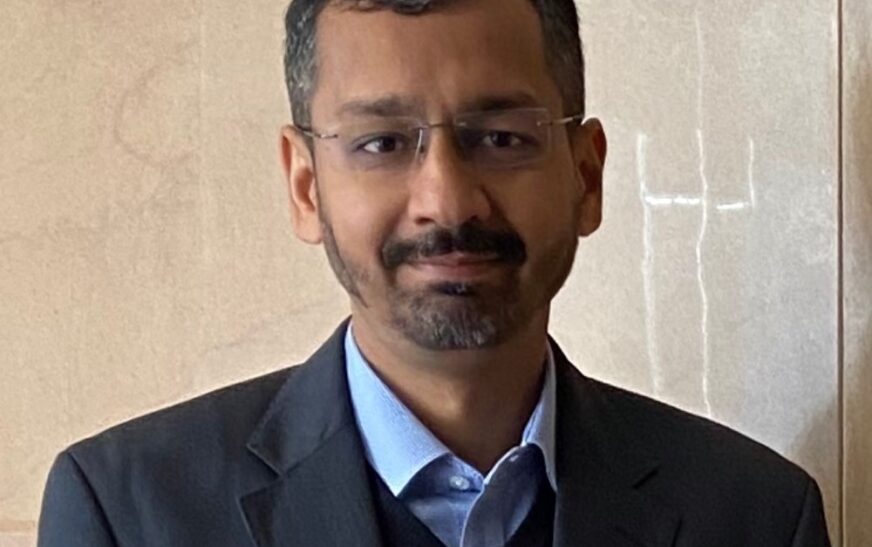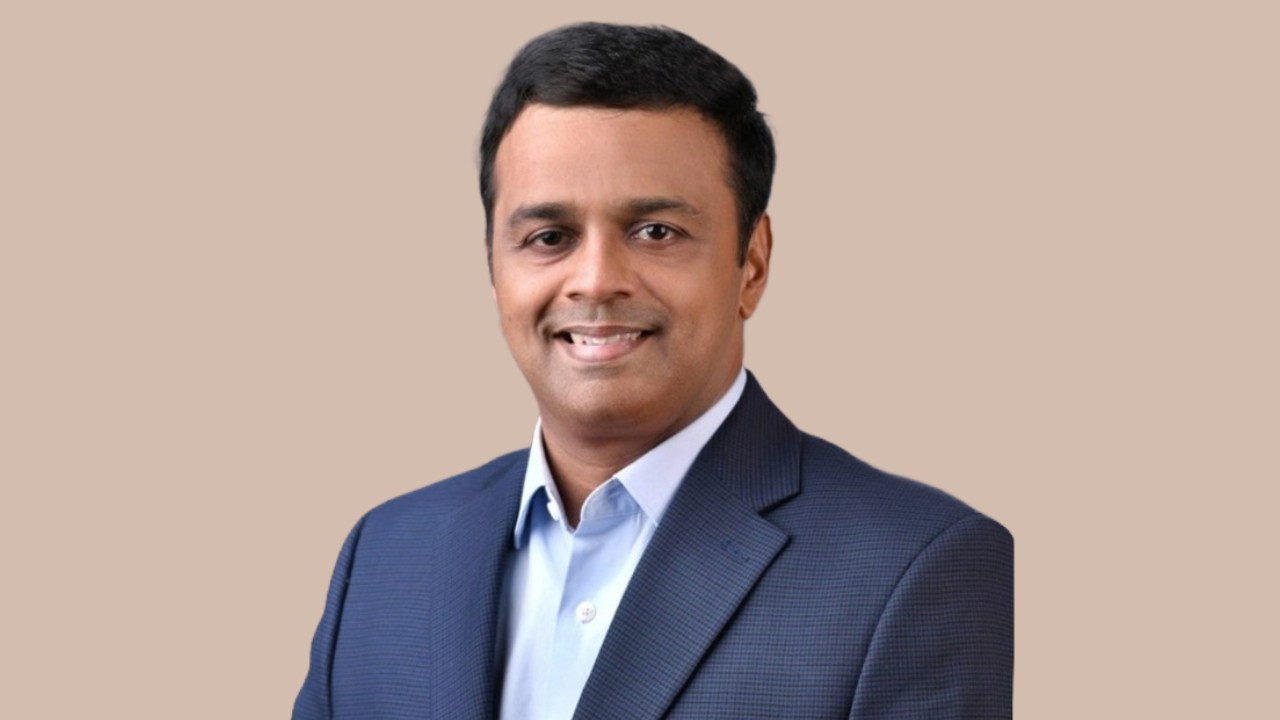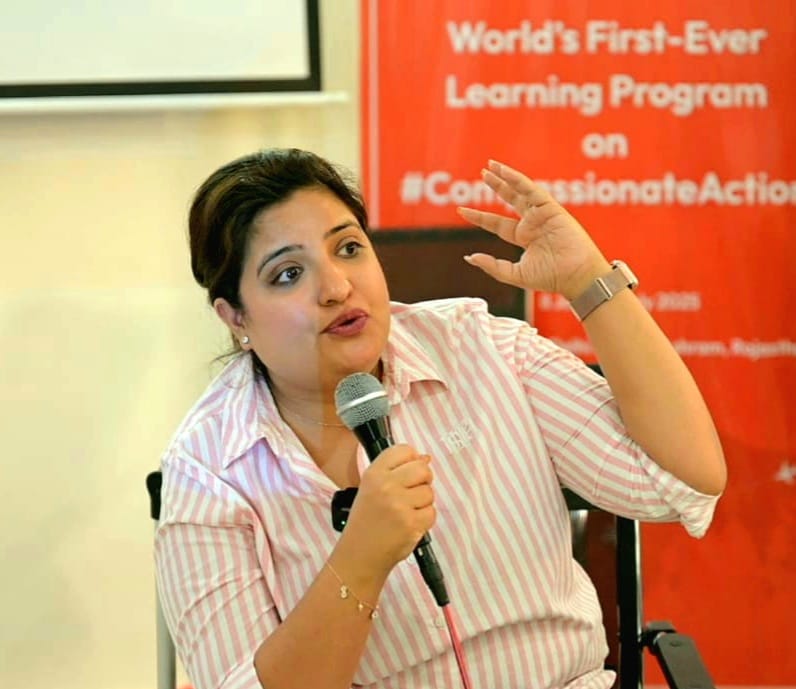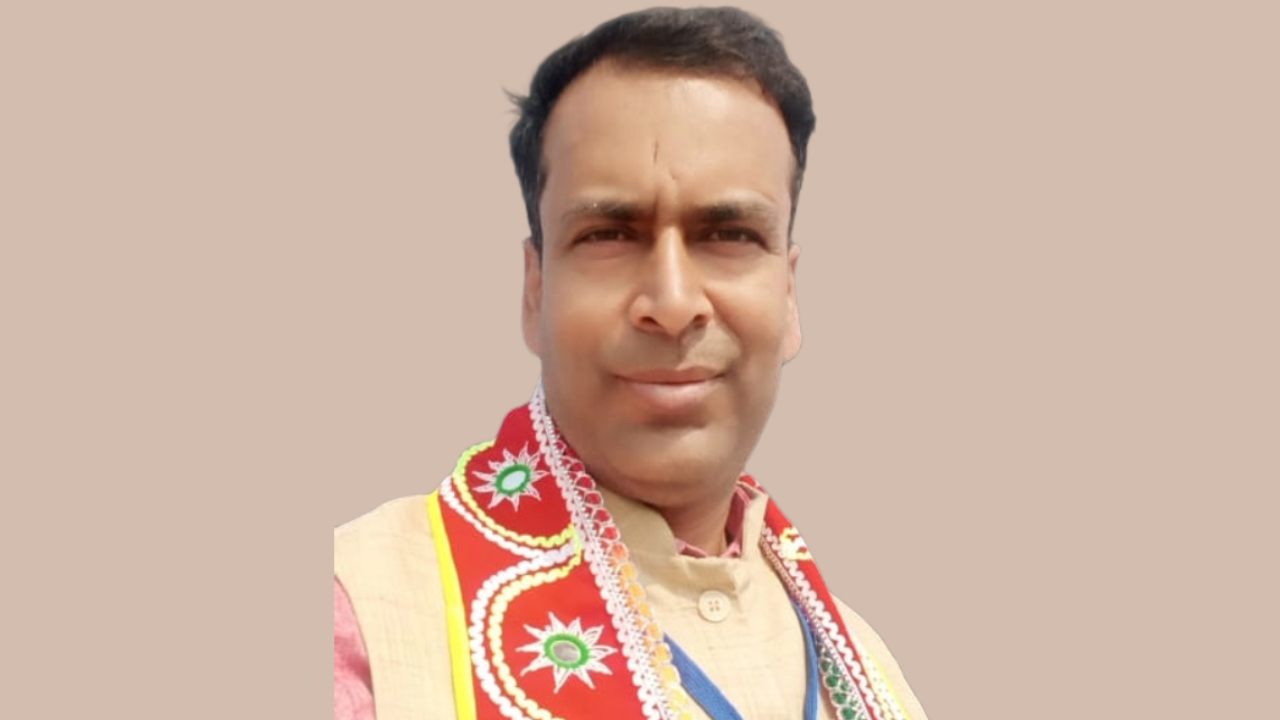With over 27 years of experience as a strategic counsel, Dr. Srinath Sridharan has played a pivotal role in advising leading corporates across diverse sectors. Serving as an Independent Director in multiple sectors, he brings a wealth of expertise to the table. Additionally, Dr. Sridharan serves as an advisor to corporate boards, guiding them through transformation initiatives that range from succession planning to business scaling.
Beyond his boardroom responsibilities, Dr. Sridharan is actively involved in coaching and mentoring senior leaders across various industry sectors. His insights and expertise extend to the realm of media, where he contributes weekly OpEds to both Indian and international publications, delving into the very topics he works with. Furthermore, he holds the esteemed position of Editor and co-author of ‘Time for Bharat,’ a book focusing on public governance.
As a Visiting Fellow at the Observer Research Foundation, Dr. Sridharan continues to contribute to policy research and development.
In an exclusive interview with The Interview World, Dr. Srinath Sridharan shares his perspectives on the implications of the Union Budget 2024. Let’s delve into the key highlights from this insightful conversation.
Q: How would you characterize the overall approach of the interim Union Budget 2024 in the election year, considering the economic context and challenges faced by the country?
A: Amidst global economic challenges, geopolitical tensions, fluctuating oil prices, and inflationary pressures, the Indian economy has remarkably performed. It has not only navigated the complexities of the ongoing pandemic and its aftermath but has also adeptly balanced the economic shocks while fulfilling social and humanitarian responsibilities.
The Interim Budget of 2024 outlines a strategic vision for sustaining the nation’s fiscal policy and political priorities. The focus remains on fostering development for the marginalized segments of society, including the ‘Garib’ (Poor), ‘Mahilayen’ (Women), ‘Yuva’ (Youth), and ‘Annadata’ (Farmers). Given the societal dynamics and the vast population, this approach is well-positioned to address persistent socio-economic inequalities despite overall economic progress.
However, it is crucial to exercise prudence and acknowledge that achieving these goals requires proactive government leadership and concerted efforts from citizens. The wheels of economic progress demand sustained dedication, and while positive changes are anticipated, they will unfold gradually over the years, contributing to meaningful and inclusive economic growth.
Q: What are your thoughts on the fiscal policy outlined in the budget? How does it align with the economic goals and priorities of the government?
A: The government’s prudent fiscal policy aligns effectively with its social and economic objectives. This approach, characterized by fiscal discipline, has proven successful over the years. While some budgetary aspects remain within manageable control, others are subject to external influences. For instance, market realities can impact the pace of a disinvestment plan or alter the trajectory of the fiscal deficit. Nevertheless, the government has demonstrated agility in shaping its fiscal policies to align with economic priorities.
Q: Given the current economic conditions, how do you assess the budget’s impact on inflation and what role does monetary policy play in supporting the fiscal measures?
A: The interim budget is unlikely to increase the funds available to individuals, as there have been no revisions in taxation. Consequently, the responsibility for managing inflation and sustaining the consumption economy will depend on how inflation unfolds in the coming months. In this regard, the task falls upon the Reserve Bank of India (RBI) to utilize its monetary policy to either control inflation or stimulate and maintain the momentum of the consumption economy.
Q: One of the key concerns for many citizens is employment. How does the budget address job creation and skill development, especially in the wake of technological advancements and changing job landscapes?
A: The interim budget underscores its commitment to advancing youth empowerment, supporting technology startups, fostering deeptech and research, among other key areas. In addition to its emphasis on skilling initiatives and women’s empowerment, this budget has the potential to accelerate progress.
However, a comprehensive assessment of budgetary allocations for existing government schemes and potential new initiatives must await the unveiling of the full Union budget post the elections. This will provide a clearer picture of how financial provisions will shape the trajectory of various programs and policies.
Q: The budget often allocates funds to social sectors like health, education, and welfare. How do you evaluate the allocations in these areas and their potential impact on human capital development?
A: I will await the full union budget after the elections to assess the allocations for various sectors.
In my view, our historical and current funding for healthcare and education is insufficient. A significant portion of our population is susceptible to lifestyle diseases, necessitating proactive investments in healthcare infrastructure.
In the 21st century, it is crucial to invest in modern, contextually relevant education. Our lag in research and development requires us to make strides, making it imperative to channel new investments into qualitative education.
Q: Infrastructure development is crucial for economic growth. What are your views on the budget’s provisions for infrastructure investments and its potential contribution to overall economic development?
A: The government’s emphasis on infrastructure development has yielded commendable results over the years. I anticipate that this commitment will persist, accompanied by accelerated progress, increased funding, and a more pronounced impact.
Q: Do you think the interim budget resembles an appeasement document without economic rigors?
A: The interim budget serves as a parliamentary anticipation, primarily designed to outline and seek approval for expenses until the formation of the next government. Within this interim budget presentation, there was also an informative update on the accomplishments of the current government spanning the last two terms. This serves as a subtle indication that elections are imminent.









